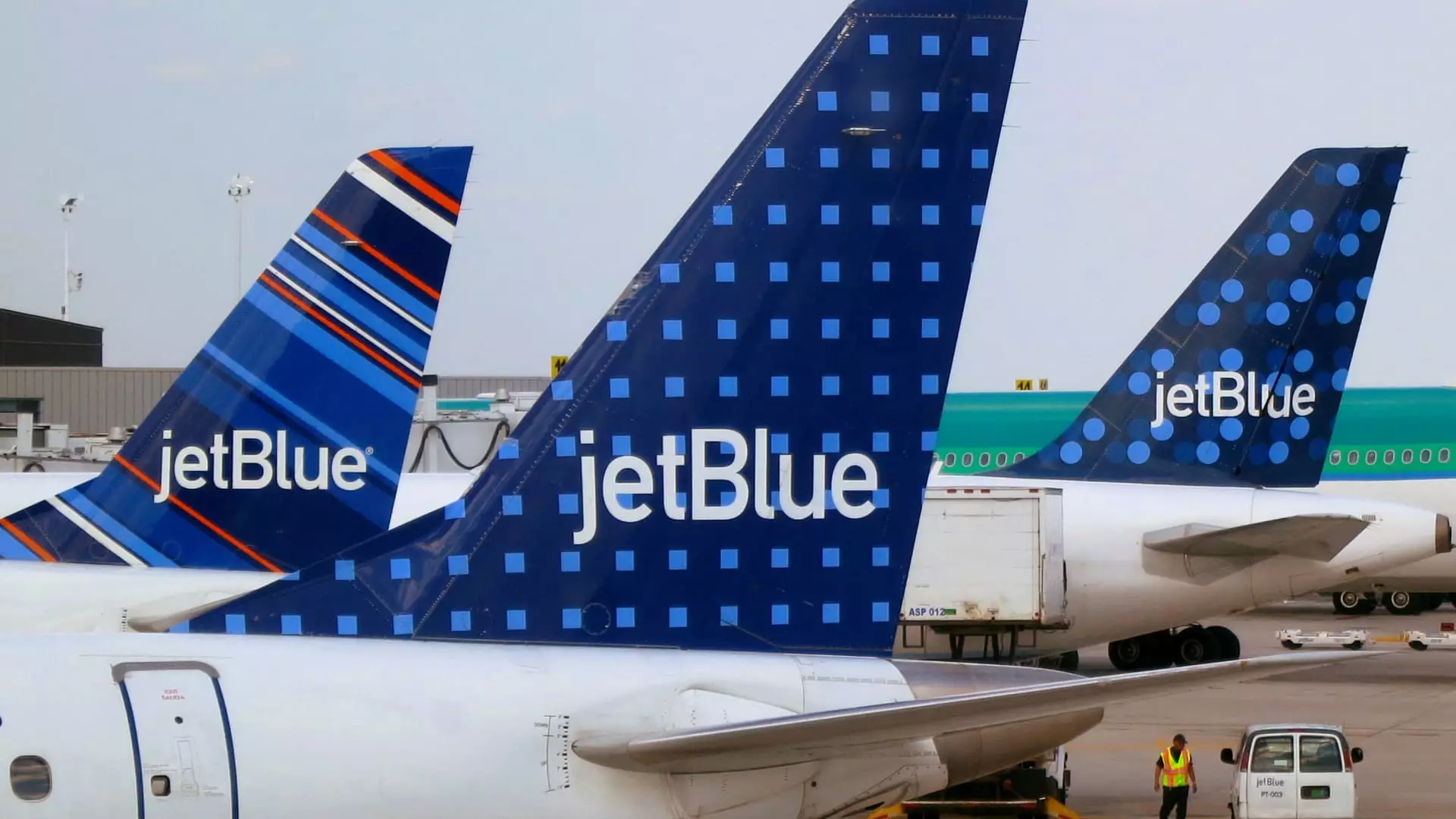In a groundbreaking move, the U.S. Department of Transportation (DOT) has imposed a $2 million fine on JetBlue Airways, marking the first significant penalty of its kind for chronically delayed flights. This decision has sparked discussions about operational accountability within the airline industry. JetBlue has been accused of operating four specific routes that saw delays over 145 times from June 2022 to November 2023, including high-traffic corridors between major cities. The DOT’s action serves as a wake-up call, emphasizing the need for airlines to align their scheduling with the realities of air travel.
Chronically Delayed Flights: Definition and Criteria
The DOT has defined a “chronically delayed” flight as one that operates at least ten times a month but arrives over 30 minutes late more than half the time. This particular definition aims to standardize accountability across various airlines, highlighting that persistent delays are not just operational hiccups but a systemic issue that must be addressed. The penalties imposed on JetBlue suggest a shift in regulatory focus toward holding airlines to higher standards for punctuality and reliability. Consequently, the DOT’s consideration of other airlines for similar infractions indicates that the scrutiny on operational transparency in air travel is far from over.
In response to the fine, JetBlue expressed its apprehensions regarding the systemic issues in air traffic control, insisting that shared accountability exists between airlines and the government. The airline pointed out that the U.S. government must take the initiative to bolster air traffic control staffing and modernize the current systems, a sentiment that resonates within the broader airline industry. Executives from Delta Air Lines and United Airlines have made similar calls, emphasizing that a significant overhaul of air traffic management is essential for resolving delays that plague millions of air travelers annually.
JetBlue’s operational performance has come under the microscope, with a notable ranking of ninth out of ten major U.S. airlines for on-time arrivals, achieving only 71.3% from January to September 2024. This figure marks an improvement from the previous year’s 64.9%, yet it still exposes the vulnerability of the airline amid a challenging operational landscape. In congested airspace, punctuality is not merely a benchmark of operational efficiency but also an essential factor in customer satisfaction and business viability. The current fine and scrutiny may spur JetBlue to improve its operational practices further, aligning with public expectations for timely travel.
JetBlue’s situation underscores the pressing need for airlines to develop more rigorous operational strategies that reflect realistic scheduling practices. The airline’s commitment to better serve its customers will be crucial in regaining trust and improving its operational reputation. The DOT’s promise to investigate other carriers for similar issues foreshadows a more stringent regulatory environment for airlines regarding punctuality and reliability.
The DOT’s proactive stance and role as a regulatory body highlight an ongoing evolution in the airline industry’s approach to service delivery. Modernizing technology and investing in better staffing solutions for air traffic control can help mitigate delays and improve overall service quality, impacting the entire ecosystem of air travel.
The $2 million fine imposed on JetBlue Airways represents more than just a punitive measure; it signals a turning point in how airlines are held accountable for operational delays. As customers increasingly demand reliability from their journeys, airlines will need to rise to the occasion by prioritizing robust scheduling practices and infrastructure improvements. The regulatory framework surrounding air travel is likely to tighten, pushing all airlines to respond proactively in a bid to maintain customer loyalty and industry credibility. As the landscape evolves, the aviation sector must adapt, ensuring that consumer expectations are met and operational challenges addressed comprehensively.


Leave a Reply